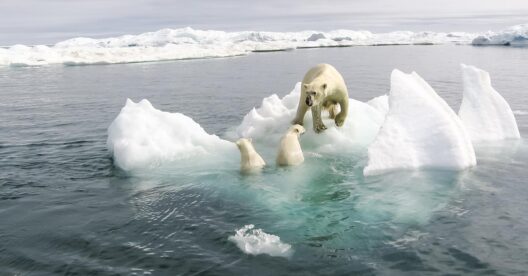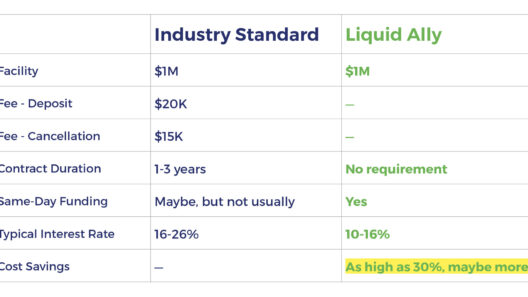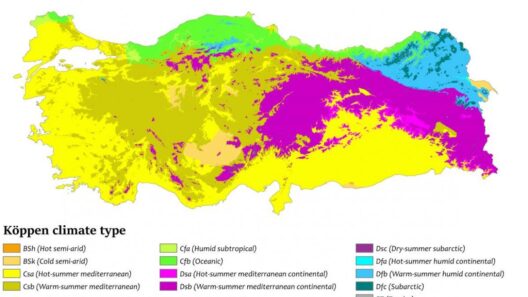The question of whether climate change will ever cease to be a pressing concern is one that stirs a plethora of emotions and debates. Our planet is currently on an unprecedented trajectory that many scientists warn is unsustainable. To delineate the potential for climate change to stop, we must first understand its origins, the mechanisms exacerbating its advancement, and the socio-political frameworks surrounding our response to it.
Climate change, at its core, is a result of excess greenhouse gases accumulating in the atmosphere. Human activities, primarily through the burning of fossil fuels and deforestation, have significantly elevated the concentrations of carbon dioxide (CO2) and methane (CH4). These gases trap heat, leading to an increase in global temperatures, a phenomenon referred to as the greenhouse effect. As industrialization burgeoned, a historical context reveals that our reliance on carbon-intensive energy sources has laid the groundwork for the climate crisis we face today.
Notably, the repercussions of climate change manifest not only in terms of rising global temperatures but also through extreme weather events, rising sea levels, and the eradication of biodiversity. These phenomena act as harbingers of a world that is becoming increasingly inhospitable to human and non-human species alike. The interconnectedness of weather patterns results in an ecosystem where extremes become the new norm, raising the stakes for both natural environments and human societies.
The grim trajectory may evoke a sense of despair, yet this reality prompts a significant question: can we reverse or at least mitigate the effects of climate change? Scientific advancements and a growing global consciousness offer a glimmer of hope. Renewable energy technologies, such as solar, wind, and hydroelectric power, are making strides toward replacing fossil fuels as primary sources of energy. Innovations in energy storage, such as advanced battery technology, enable us to harness renewable energy more effectively, making it a viable alternative to fossil fuels.
The transition toward cleaner energy sources is paramount. However, it is not merely the shift in energy production that holds promise; it is also the reengineering of consumption patterns. Behavioral changes within communities can drastically reduce carbon footprints. Initiatives such as local food systems, which emphasize food sovereignty, encourage consumers to support local agriculture, thereby limiting the environmental impact of transporting food over long distances. Sustainable practices in urban planning—like increasing green spaces, enhancing public transit, and promoting cycling—further contribute to mitigating climate change.
Nonetheless, the systemic constraints of political frameworks and economic incentives often hinder substantial progress. Policymakers grapple with the balance between immediate economic interests and long-term environmental sustainability. Industries that rely heavily on fossil fuels exert formidable influence over legislation, creating friction in the pursuit of transformative climate policies. The challenge lies not only in crafting bills and regulations that effectively address climate change but also in enacting those policies against formidable political opposition.
Additionally, the phenomenon known as climate denialism complicates public discourse surrounding climate change. Misinformation campaigns sow seeds of doubt, posing an intellectual barricade to the adoption of ambitious climate action. The narrative must shift from one of skepticism to one of urgency. Media contributions play a pivotal role in shaping public perception. Highlighting empirical data and personal testimonies can engage citizens, inspiring a collective call to action that transcends apathy.
However, we must consider the role of global cooperation. Climate change is an inherently global issue; its effects do not adhere to arbitrary borders. International accords like the Paris Agreement were forged with the ambition of uniting nations in their fight against climate change, yet their efficacy hinges on binding commitments and accountability. Countries must transcend nationalistic tendencies, recognizing the necessity of collaboration in the face of a shared existential threat. This international alliance should promote best practices, facilitate technology transfers, and provide financial support to vulnerable nations disproportionately affected by climate change.
The question arises: can we envision a future free from the specter of climate change? While it may not be realistic to anticipate a complete cessation of climate change, we can aspire to a future characterized by resilience and adaptation. Societies can learn to coexist with the changing climate, implementing adaptive strategies that safeguard against its most severe impacts. Enhanced agricultural techniques, innovative water management practices, and fortified infrastructure can bolster our capacities to withstand climatic extremes.
What truly holds the potential to stem the tide of climate change is a holistic approach that marries scientific innovation, societal transformation, and global cooperation. As nations grapple with the pressing demands of climate change, we must inspire a collective ethos that prioritizes sustainable development. Education and community engagement serve as catalysts for igniting individual actions that contribute to a larger movement—one that advocates for climate justice and the preservation of our shared planet.
In the end, the question of whether climate change will ever stop is complex and multifaceted. It compels a reevaluation of human priorities, urging society toward a shared commitment to ecological stewardship. The road ahead is fraught with challenges, yet it is also illuminated by possibilities. Every small step towards sustainability adds up, creating a ripple effect that can lead to transformative change. Together, with unwavering resolve and an emphasis on cooperation, we can aspire not only to mitigate the impacts of climate change but also to foster a harmonious coexistence with our environment.







